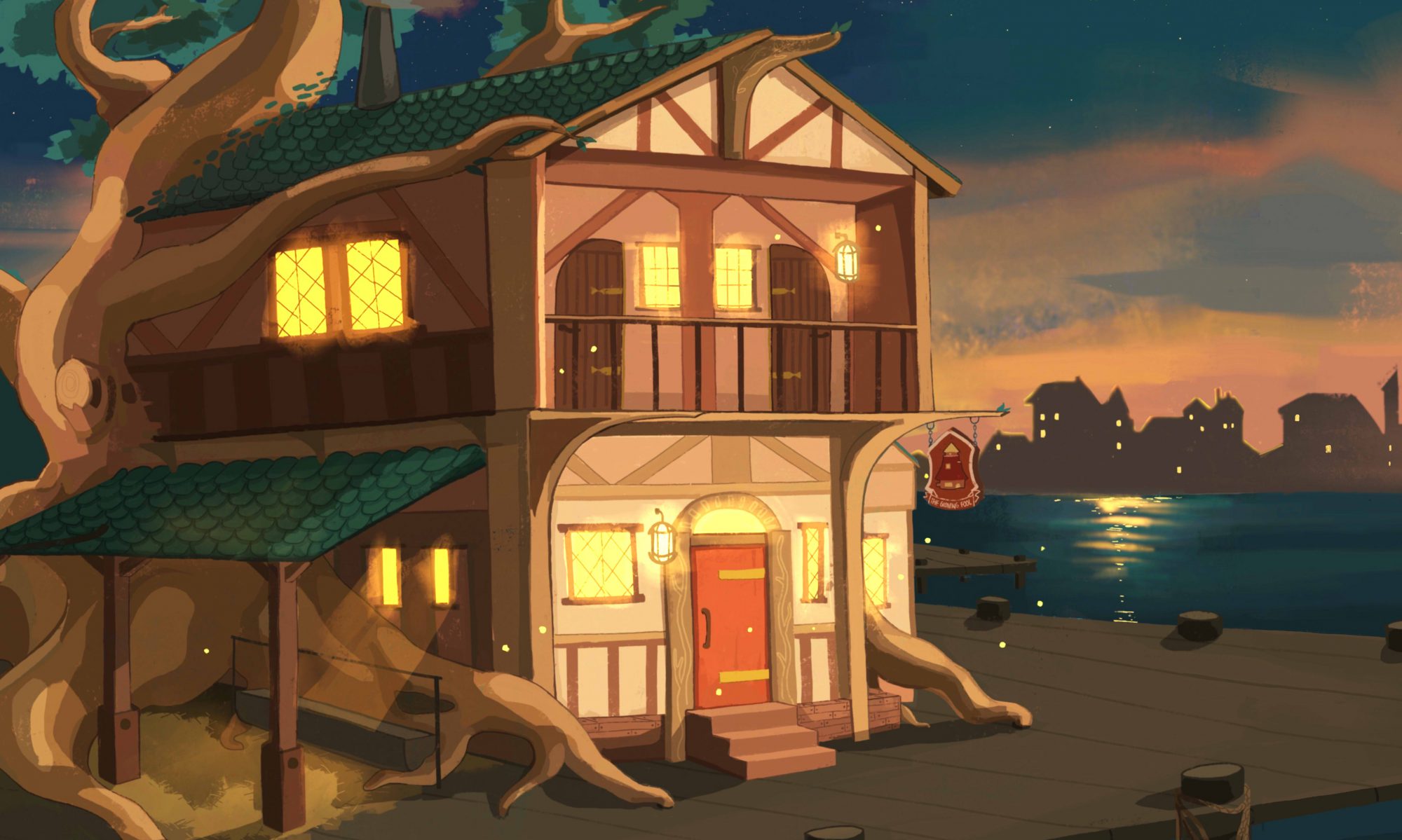“Play is rocket fuel for child development.” This was part of the statement made by the representatives of IKEA, the LEGO Foundation, National Geographic and Unilever when they announced their newly minted Real Play Coalition at the 2019 World Economic Forum Annual Meeting. They argue that play is a key driver for the development of children’s cognitive, social, and emotional intelligences.

And while they did not specifically cite Tabletop Role-Playing Games (TTRPGs) like Dungeons & Dragons (D&D), we believe that D&D and other games like it, can make significant contributions to this sense of play, and to children’s development.
D&D fulfills the need for play, because it provides its players, children and adults alike, the opportunity to create an expansive imaginary world. Where they can do anything and everything. Where they can go on epic adventures, all the while cultivating key creative, problem-solving, and social skills, and forming long lasting friendships.
Cognitive Intelligence

One of the hallmarks of D&D is that it is a medium that emphasizes problem solving. The Dungeon Master (DM) designs puzzles, riddles, and mysteries to challenge the players and make them think. What’s more, D&D (and other TTRPGs) is unique because there can be an infinite number of solutions to the challenges that you face. Problem-solving in D&D isn’t about finding the one and only solution that will work. But it is about finding one of many possible solutions, and explaining why it will work.
Social Intelligence
D&D is a social exercise. It involves learning to work together with the other players around the table to tell a cohesive story, and building an enjoyable experience for everyone involved. The game is at its most fun when everyone around the table respects each other, and genuinely enjoys each other’s company. Alternatively, the game starts to break down when any one player starts becoming a disruptive force upon the group. So D&D groups tend to walk the fine line where everyone is free to do what they want, so that each may have a good time. But keep in mind the needs of others, so that all may have a great time.

Emotional Intelligence
Playing games like D&D and other TTRPGs help build empathy. As a player, you create a player character (PC), someone that exists within the game’s world. And this PC can be someone that is very different from you, in terms of life experience, and perspective of the world. And as the game progresses, you walk in the shoes of this character. The player sees the world through the eyes of someone very different than them. And whenever they role play, they have to consider how their reactions, may differ from their character’s reactions. “What would my character do?” is a very common question that D&D players ask themselves. Because majority of the time, what our character would do, would be very different than what we would do personally.

I can attest with utmost confidence the power that D&D can have. Having played it for the last 3 years I have learned so much from the entire experience. It has taught me a little bit more about myself, helped me realize some skills I never knew I had, and helped me make some new friends.
So, I would highly encourage you, to go out, grab some dice, get some friends, and play some Dungeons & Dragons.
Earl is what you would call a Dungeons & Dragons addict. He watches D&D shows, prowls the D&D forums, and basically lives, breathes, and eats D&D (It’s no joke, he literally listens to the D&D Podcast while eating). He likes to be thought of as the “lead fool” as he guides us all through the silliness of D&D.
For his day-job. Earl is an ERP Consultant with the Nomura Research Institute (NRI). He is also a Shaper with the Global Shapers: Hong Kong Hub.


